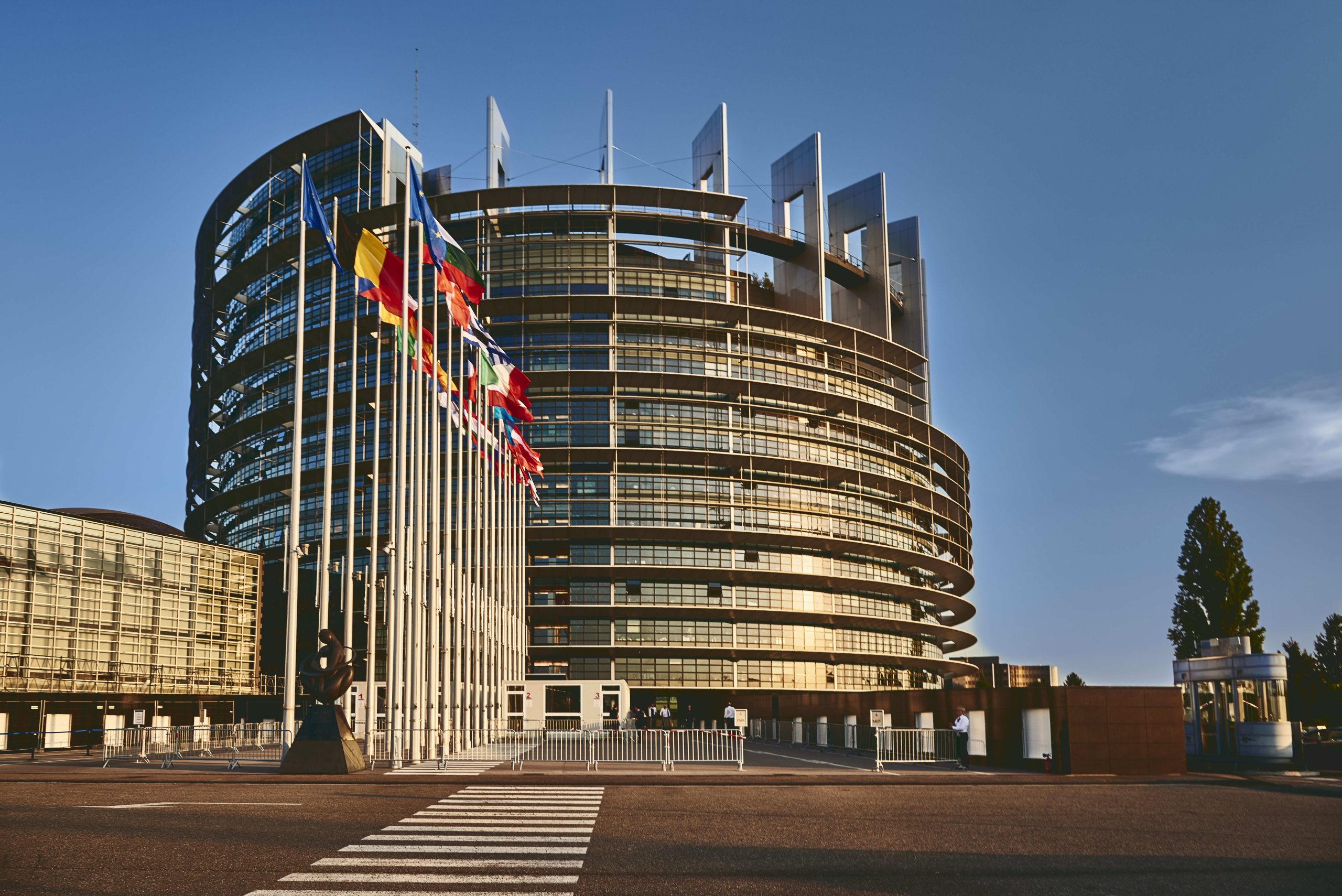Future of Europe: second set of citizens’ ideas at Conference Plenary
 European Union
European UnionIdeas on EU in the world and migration, economy, social justice and jobs as well as culture, youth, sport and digital transformation will be assessed on 11-12 March.
40 recommendations have been prepared by the European Citizens’ Panel on ‘EU in the world / migration’ that met on 11-13 February 2022 in Maastricht, the Netherlands, and 48 recommendations by the Panel on ‘a stronger economy, social justice and jobs / education, culture, youth and sport / digital transformation’ which concluded its work on 25-27 February in Dublin, Ireland. These, and ideas on the same topics stemming from the national Citizens’ Panels organised by the member states, will now be presented and discussed in the Conference Plenary at the European Parliament in Strasbourg.
When: Friday 11 – Saturday 12 March 2022 (including preparatory, Working Groups’, and political caucuses’ meetings)
Where: European Parliament in Strasbourg, with physical and remote participation
The Conference Plenary debates the recommendations from both national and European Citizens’ Panels, and the input gathered from the Multilingual Digital Platform, grouped by themes. The Plenary will, based on consensus, put forward its proposals to the Executive Board. The latter will draw up a report in full collaboration and full transparency with the Plenary. The agenda of the Plenary session is available here.
The Panels have selected 80 citizens (20 for each Panel) to represent them in the Conference Plenary. The last session of the Plenary took place on 21 and 22 January in Strasbourg. Find out more information on the Plenary’s composition, purpose and work, and download all relevant documents for the coming weekend, on the Conference Plenary webpage.
Background
The four European Citizens’ Panels are a citizen-led process and a cornerstone of the Conference on the Future of Europe. Around 200 Europeans of different ages and backgrounds, from all Member States, met in each Panel (in person and remotely) to discuss and adopt recommendations on the challenges facing Europe now and in the future. Their deliberations take into account citizens’ contributions collected from across Europe via the Multilingual Digital Platform and events held across the Member States, and supported by presentations from prominent academics and other experts.
EU citizens’ contributions to the Conference, submitted via the Multilingual Digital Platformby 20 February, will be included in a final report on 17 March. However, citizens can still submit contributions on the platform, to allow debate to continue online. Contributions introduced after 20 February may be covered by a final report after 9 May.
